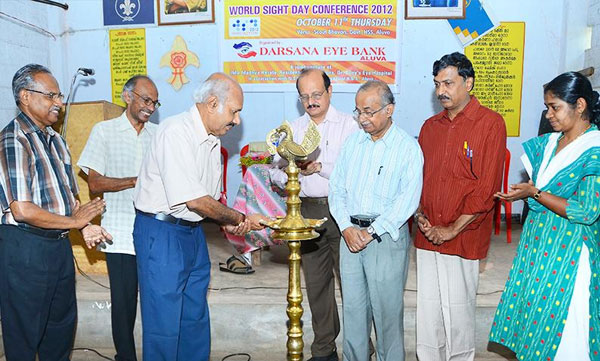Treatment for Corneal Infections
Corneal infections are usually treated with an anti-infective eye drops & eye ointment. In the case of bacterial infections, antibiotic eye drops were generally prescribed. In some cases, patients who are suffering with severe corneal infections are admitted in the hospital & samples from the infection part will be taken to identify the likely organism prior to the treatment. Treatment with the intensive eye drops will be administered & adjusted till the infection improves. Careful & detailed examination of cornea by using a specialized optical microscope is required to observe the location, depth & severity of the Keratitis.
It is necessary to culture the infection to observe and know what organism is causing the infection. The best course of the treatment for the corneal infection will be based on the type of the microorganism which is suspected to be causing the infection. Rarely this might be an antiviral eye drop, antibiotic eye drop, an antifungal eye drop, and sometimes it may even include a steroid eye drop to decrease the inflammation. In addition the treatment will also include oral medications. The goal is to rapidly diagnose & also treat all the corneal infections by that no corneal scarring will occurs as this may result in loss of corneal transparency & require a corneal transplant to restore the vision.
Is surgery necessary?
Surgery for corneal infections will be suggested in very severe infections or when the infection is not responding well to the medical treatment like eye drops. Surgery will also be indicated later on if the vision is reduced because of corneal scarring from the infection. Surgery will be carried out in these conditions by aiming to remove the diseased cornea & replacement of the removed cornea with a corneal graft or transplant.
What does cornea graft surgery involve?
- Removing of the entire affected cornea & replacing the cornea with a full thickness corneal graft called as penetrating Keratoplasty.
- Removing only the layers which are affected & replacing with a partial thickness of corneal graft called as Lamellar Keratoplasty.










 I am Nimitha, before Lasik, I am very difficult to see and difficult to handle contact lens and specs. After the lasik treatment I am very relaxed.
I am Nimitha, before Lasik, I am very difficult to see and difficult to handle contact lens and specs. After the lasik treatment I am very relaxed. 